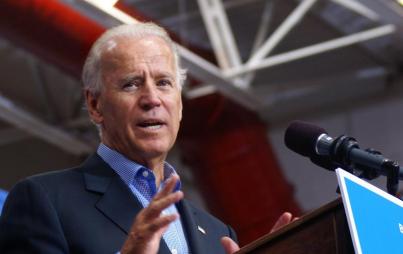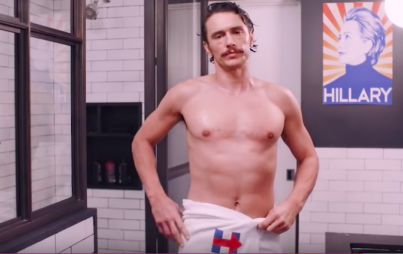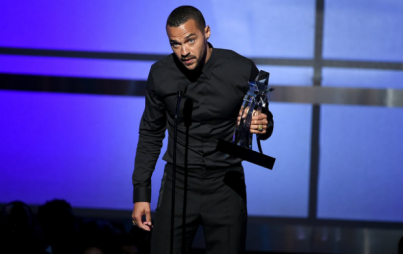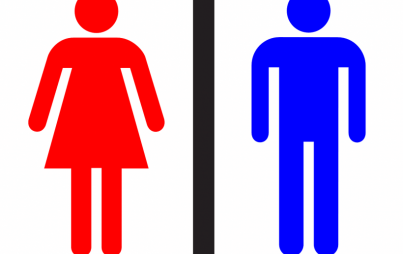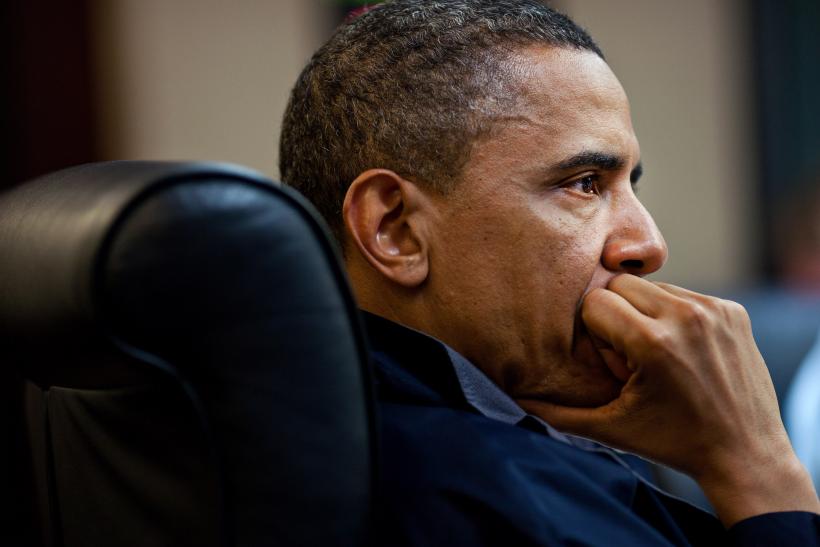
Absent in the media narrative about race is the existing community of adult black individuals currently engaged and interested in civil dialogue.
"We can't just leave this to the police . . . There are police departments that have to do some soul-searching. I think there are some communities that have to do some soul-searching. But I think we as a country have to do some soul-searching. This is not new. It's been going on for decades." -Barack Obama, April 28, 2015
When Barack Obama speaks about the soul in public, it is a significant call for a reality check.
It can be difficult to discern a quote's true meaning, especially in the social media age when quotes are often subject to a Venn diagram of individual and public opinion. As the first black president, Obama's quotes about race are often derided for being too metaphorical. Yet there is a palpable feeling that Obama would like to address the black community in a less restricted forum. The man who addressed implications that his candidacy was " . . . an exercise in affirmative action; that it's based solely on the desire of wild- and wide-eyed liberals to purchase racial reconciliation on the cheap" has not always been cryptic and allegorical in discussing race.
To the black constituency that tipped the scales of the 2008 election for Obama, so much of the promise and mandate of his office was that young Black Americans could conceivably reach the ultimate individual achievement: the American presidency. But this is seen as an increasingly bunk promise because the popular media narrative— "Look. This is what is happening to black people"—has not changed since his election. This point of view casts black Americans in an unchanging passive role and completely eclipses the positive and real influence of black community leaders who are telling their youth, "Yes, you can."
Preliminary evidence of which voice is being heard louder can be found in unemployment statistics. As of March 2015, the U.S. Bureau of Labor and Statistics reports group unemployment amongst White people at 4.7%, 10.1% amongst Black people, and 3.2% amongst Asian people. Unemployment amongst Hispanic people is recorded separately at 6.8%. In 2015, Hispanic and Asian people have achieved greater employment parity with White people than Black people.
Data like this doesn't so much inform, as it does galvanize negative stereotypes. Every American has at some point heard or whispered claims that Asian people are always working, Spanish people are stealing blue-collar American jobs but are at least working, and black people are underemployed or don't work. The message of the data goes beyond who is or who is not underemployed; it projects an image to employers that black people as a group are essentially unemployable.
Being a gainfully employed person of color in America is an achievement made against all odds. Being a person of color in America who is unemployed is viewed as insolent and transgressive. The added effect of underemployment is the loss of individual identity. By further labeling a black individual as unemployed, they are put into a group of people who they largely have no further commonality with.
There is a patriarchal angle in media discussions of black Americans that is absent in discussions of Americans of other races. In a not better than average and not worse than average op-ed in Forbes, a list is provided of potential reasons why black people are rioting in Baltimore. Reading that article, one could come away with the argument that White people in Baltimore are clearly better off than Black people in Baltimore. For anyone who has lived and worked in Baltimore (full disclosure: I lived and worked in Baltimore for 13 years), that argument is non-contestable. But a problem I do have is that the conclusion of it stems from a binary situation. In this situation, the black community cannot fix its own problem. The problems of the black community can only be fixed and spoken about in a meaningful and print-worthy way by two men with university degrees on a plane flying away from the zone of conflict.
Changing the media narrative that has emerged this decade could help curb what Obama has referred to as a "slow-rolling crisis." As it is, the lens is currently focused on neatly visible pockets of spectacle and violence, rather than illuminating community figures. The lens magnifies a narrative of an anarchic and truant group causing disturbances (itself a skewed take on a community justifiably outraged and pushing for change). Absent in this frame is the existing community of adult black individuals currently engaged and interested in civil dialogue.
These are the individuals whose voices are being most conspicuously underrepresented. Yet they are nothing short of vital to altering the current narrative.



